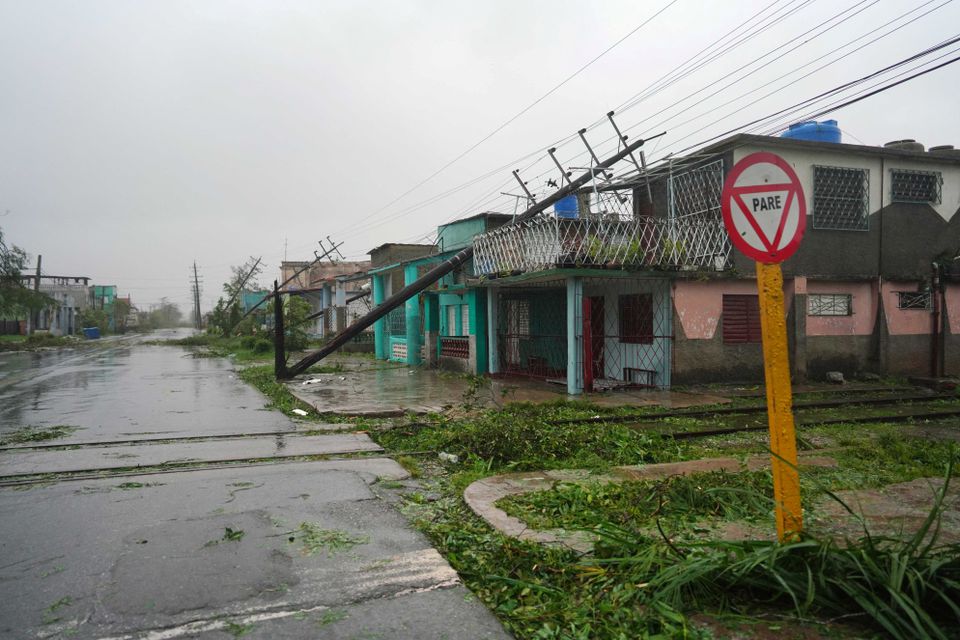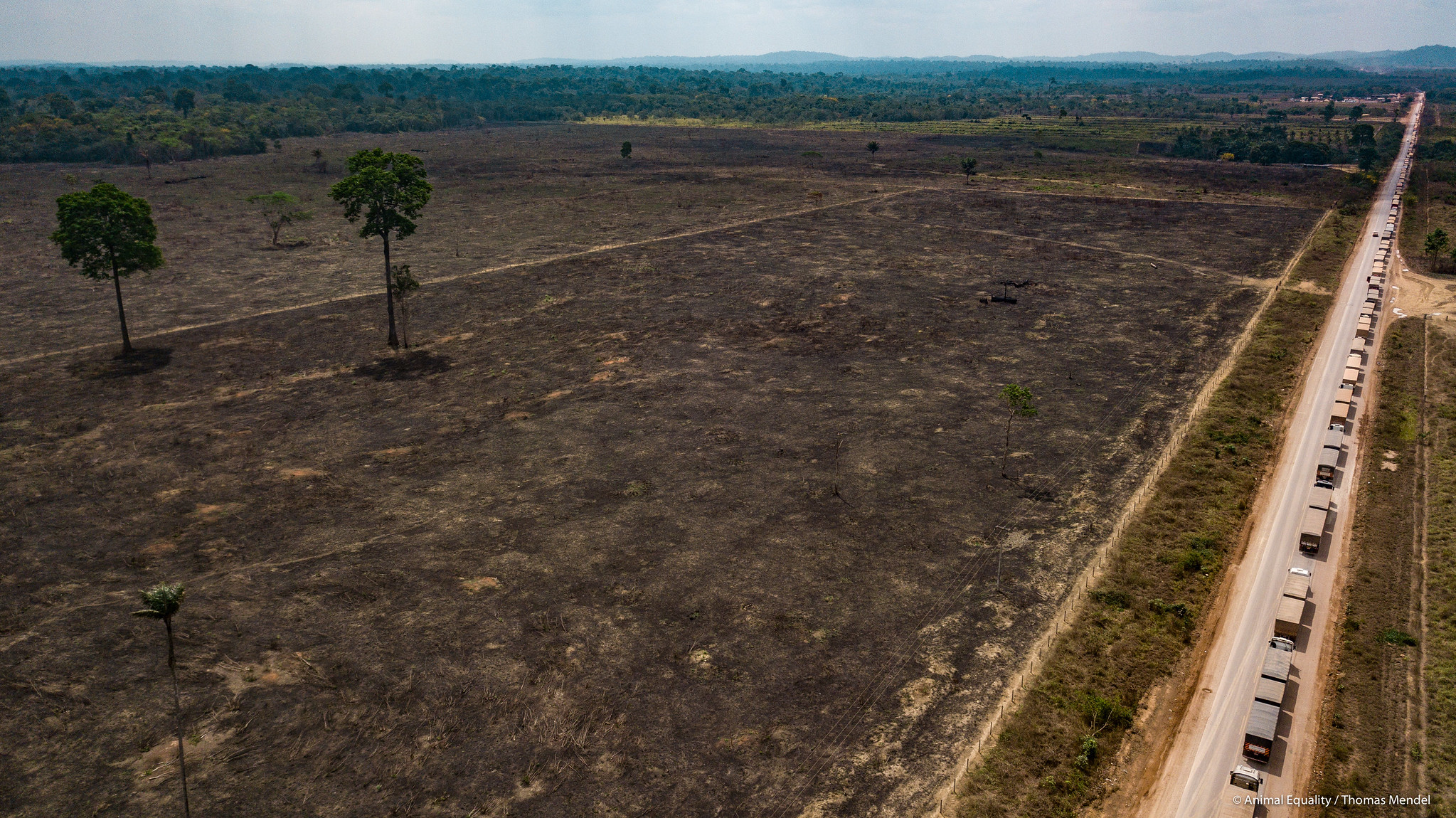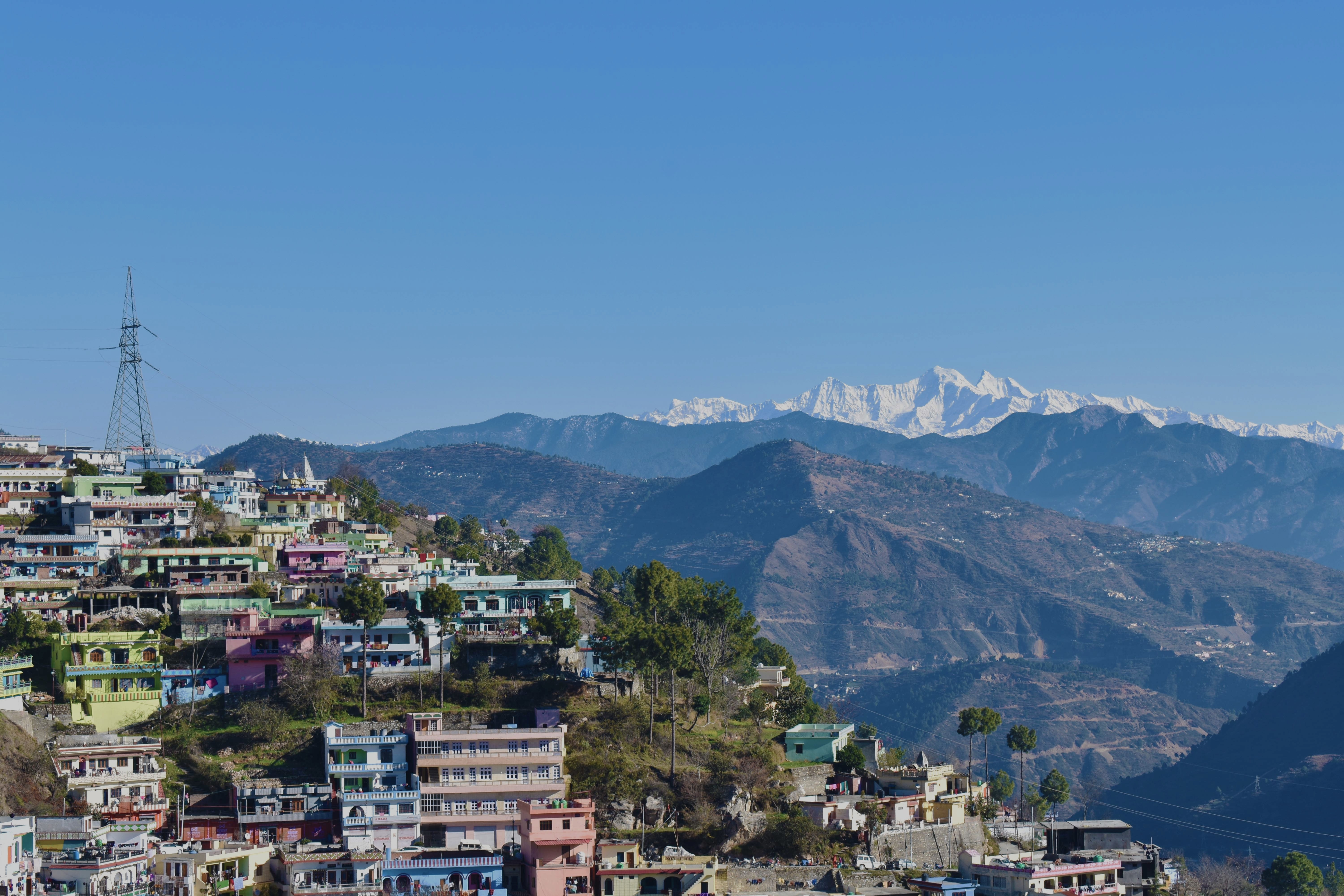MSc Economics graduate Emaan Siddique discusses the urban-rural trade-off relating to climate policy in developing countries and explores the importance of improving climate resilience and urban sustainability for the poor.
The issue
Much of recent international development research focuses on climate change. According to the Brookings Institution, developing countries will be the most severely affected by accelerating climate change. Given the vulnerability of rural populations to climate change, urban migration will likely increase in developing countries. Interestingly, a recent study found that doubling the heights of buildings in developing countries would boost the average city’s population by 13 percent.
At the same time, urbanization is a significant contributor to climate change. As countries transition, we will need innovative solutions to make cities more livable for those living below the poverty line. More importantly, we need policies to prevent rural populations from being displaced by climate disasters. As of 2022, Bangladesh is home to over 10 million climate refugees, many of which migrate due to flooding in coastal areas. In Dhaka, however, increasing demand for inexpensive housing has gradually expanded the city’s largest informal settlement into swampy lowlands. Thus, today’s newsletter addresses the following questions: How do we make cities more sustainable for those in poverty? And, how do we make rural areas more climate resilient?
Urban v. Rural Trade-off
Effective climate policy needs to account for general equilibrium effects, i.e., the ripple effect of an intervention throughout an economy. Agricultural burning, the high emissions-producing practice of using fire to clear crop residue, is common in developing countries. According to a 2021 study, however, restrictions on agricultural burning may contribute to urbanization and its associated pollution. This trade-off can be substantial. For instance, the closure of a large refinery in Mexico City led to a 19.7 percent decrease in pollution. In comparison, agricultural labor exits in India increased particulate emissions by 1.25 percent. In theory, if Indian farmers had to cease this burning and began working in Mexican urban refineries, this would result in higher emissions overall.
Nonetheless, we need more protections for those that must migrate. A study on Cape Town, for instance, finds that flood damages represent a much larger share of poor households’ income relative to richer ones. However, this study also finds that providing information on flood risks reduces the average damage experienced by these households significantly. These findings demonstrate that, with adaptation, these communities may be able to mitigate some of the losses associated with climate change.
However, the most damaging effects of climate change will likely be on rural populations. As such, we need more initiatives aimed at improving climate-resilient agriculture. For instance, a mobile phone-based agricultural advice service provided to farmers in India increased cumin yields by 28 percent. Each dollar spent on this service will yield a $10 private return. Similarly, an agricultural extension program in Rwanda increased coffee yields by 6.7 percent. This intervention, however, came at a cost as the yields of households that did not receive training suffered.
Closing thoughts
By 2050, the World Bank estimates that over 216 million people may be displaced as a result of climate change. Developing countries contribute the least to global emissions, with the majority relying on agriculture for their livelihoods. Yet, they will be disproportionately affected by climate change. Policies promoting resilient agricultural practices are among the best investments to prevent rural populations from falling into a poverty trap. The reality, however, is that natural disasters will force many of these communities to migrate to cities. In this sense, there is a greater need for policies to make urban life more sustainable for climate refugees.
The views expressed in this post are those of the author and in no way reflect those of the International Development LSE blog or the London School of Economics and Political Science.
This article was first published in The Developing Economist.
Image: Farm in Vinales, Cuba. Jennifer Chen via Unsplash.





